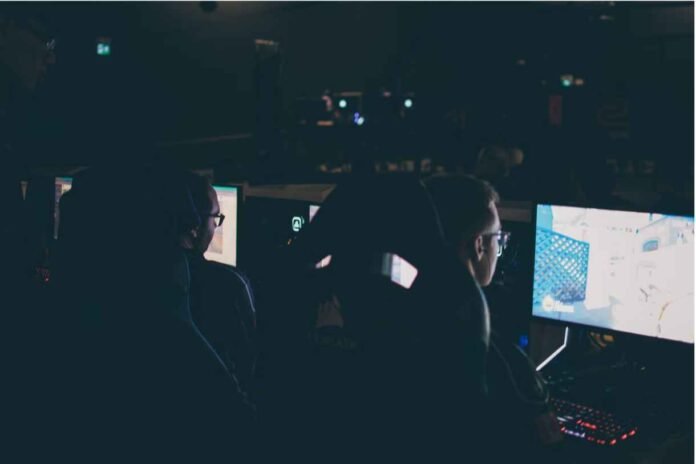Cheating scandals have long been an issue for traditional sports. In athletics and weightlifting circles, doping violations continue to rock the boat. Meanwhile, match-fixing has permeated just about every form of competitive sport. It’d be easy to think that esports was largely immune from this kind of issue. Unfortunately, cheating is a real concern for esports organizations, with many even top-tier talent employing nefarious tactics to edge out the competition. Some players turn to software cheats like aimbots, while others try to sidestep strict tournament requirements with hardware pre-programmed with macro commands.
Common Cheating Tactics in Esports
In esports, cheating strategies largely fall into one of three categories. The first is hacks. These are essentially programs players use to modify the game itself. Some players use hacks to see through walls and surfaces. Others use them to boost their speed or improve their aim. While this kind of cheating is rife in non-competitive circles, the occasional pro has been known to use wallhacks.
One such player was German pro, Thomas “XektoR” Koletzek, who quickly drew attention after some suspicious activity during the home leg of the ESL Pro Series. When Koletzek played in online matches, he was untouchable. However, when it came to live events, his performance didn’t match up. ESL decided to investigate and determined that this cheat was using both wallhacks and aimbots when playing online. While he took his case to court, Koletzek was banned from playing professionally for two years.
Another player who was sniffed out for using software cheats was Nikhil “forsaken” Kumawat. Part of the OpTic India roster, this player was far more brazen with his tactics. While Koletzek kept his cheating to online play, Kumawat had no qualms about deploying aimbots at live events. Organizers became suspicious during the Extremesland Zowie Asia tournament. When a tournament official attempted to inspect Kumawat’s hardware for hacks, he rushed to delete the evidence. After investigation, it was determined that Kumawat had cheated in both this tournament and the India Premiership Fall Finals. He was banned from playing for five years, while OpTic India eventually disbanded.
It’s not just Counter-Strike that has been tarnished by scandal. The Dota 2 schedule has also suffered its fair share of incidents. A less obvious way of cheating is to use hardware. Most tournaments limit what players can actually bring to a stadium, although most events allow players to use their own keyboards and peripherals. However, a cheater will always find a way to play the system. At The International 2018, a player from Thunder Predator was found to be using a mouse programmed with macro commands to gain an edge during qualifying matches. The Peruvian team was instantly disqualified and has since rebranded as Thunder Awaken.
What’s Being Done to Combat Cheating?
Player bans and tournament disqualifications are well and good, but they’re a temporary solution that doesn’t get to the root of the problem. However, esports organizations are becoming stricter with rules and regulations, with more aggressive penalties in place for those teams that don’t play ball.
More tournaments are also using anti-cheat software. These advanced software solutions continuously monitor gameplay, looking for signs of suspicious behavior and evidence of active hacks. The best systems use machine learning to red-flag repeated patterns and sniff out signs of new cheating strategies.
While some cheaters we’ve mentioned are still banned from players, others have served their time and returned to the competitive fold. Arguably one of the best ways to deter cheating and send a clear message to those thinking about using hacks is to make it illegal. Some countries are ahead of the curve here.
South Korea is a perfect example. Often considered the spiritual home of esports, the South Korean government has always clamped down hard on match-fixing and in-game cheating, with five-figure fines for violations commonplace. Some players who’ve fallen foul of the law have even had to face jail time. It’s unlikely that custodial sentences will become the standard elsewhere in the world, but this time of preventative action might be just what esports needs to weed out the sharks from the skilled players.



